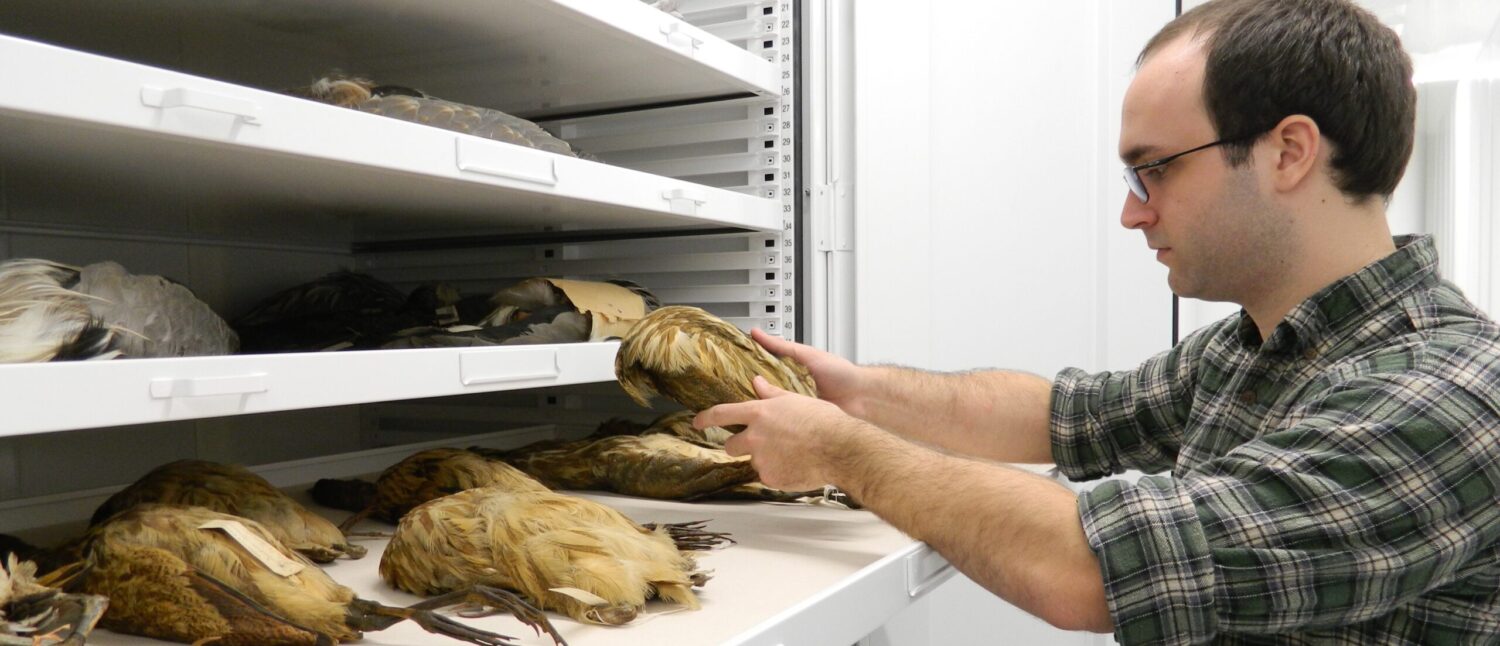Senator Kirsten Gillibrand (D-NY) and Representative Elise Stefanik (R-NY) have introduced bicameral legislation, the Invasive Fish and Wildlife Prevention Act of 2018, that would give the U.S. Fish and Wildlife Service (USFWS) greater authority to regulate nonnative species and prohibit them from being imported or sold in the United States.
Presently, more than 200 species have been listed as injurious wildlife, a designation given by the USFWS to species considered harmful to wildlife and natural resources in the United States. These species cannot be imported into the country or sold without a USFWS permit. However, under the current system, the designation is given only after a species has already been introduced.
The bipartisan legislation would address the invasive species threat before they are imported by establishing a new injurious species listing process based on scientific risk analysis. The bill would also give USFWS the power to make emergency designations for species that pose an imminent threat. The bill does not impose restrictions on the import of dead natural history museum specimens or scientific collections as long as the specimen is adequately preserved to minimize the risk of exposure from any harmful pathogens or parasites.
“Whether it’s Asian Carp in our lakes or the Emerald Ash Borer in our forests, invasive species threaten our environment and our economy, and we have to do everything we can to block them from coming into our state,” said Senator Gillibrand. “The Invasive Fish and Wildlife Prevention Act would help better protect our precious natural resources, strengthen our economy, draw tourism to our state, and provide clean drinking water to New Yorkers.”
Asian Carp is a prominent threat to the Great Lakes, which provide drinking water to over 30 million people and support a $7 billion fishing industry and a $15.5 billion boating industry. Ash trees across 31 states have been infested by the Emerald Ash Borer beetle resulting in negative ecological impacts.
Representative Stefanik said, “This important bill will give the Fish and Wildlife Service needed flexibility to regulate and combat invasive pests that threaten our region, and I urge my colleagues in the House to support it.”

